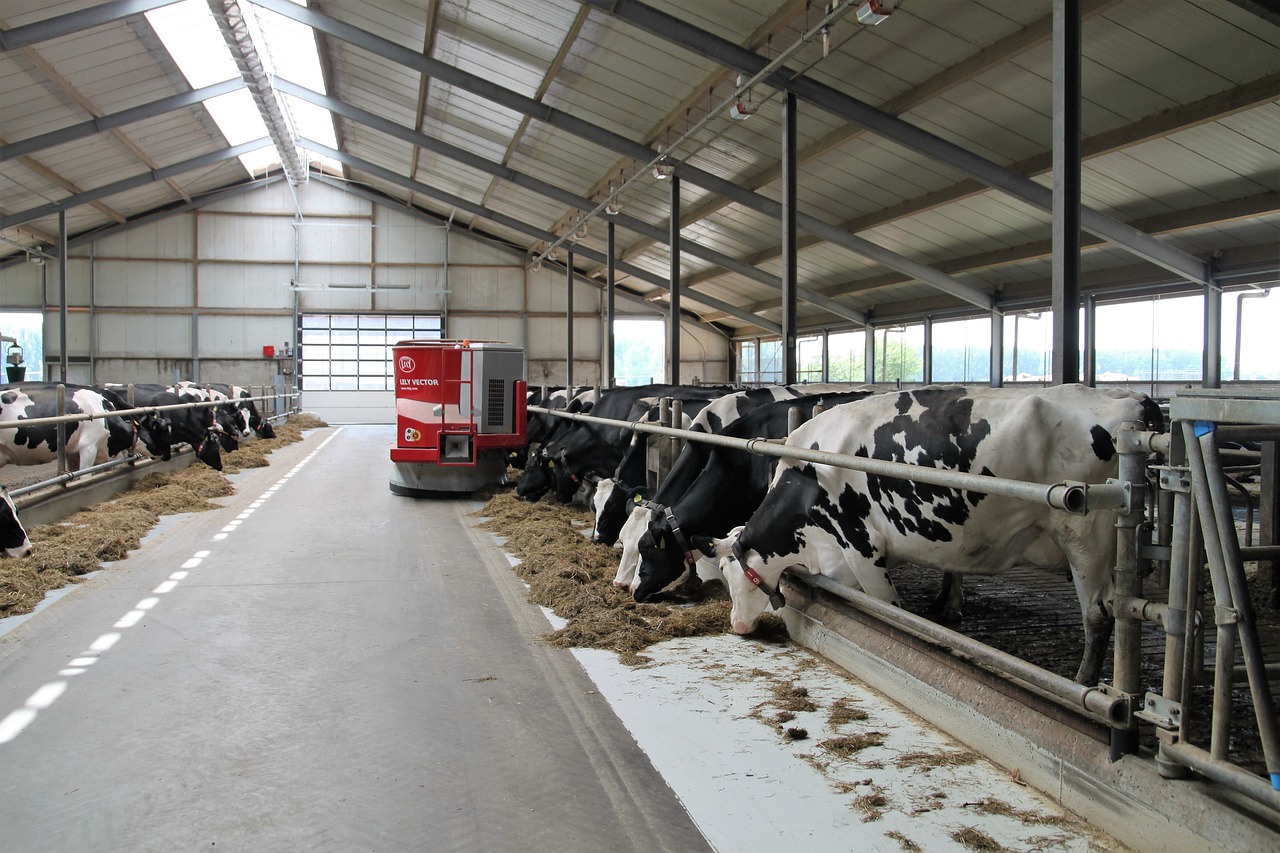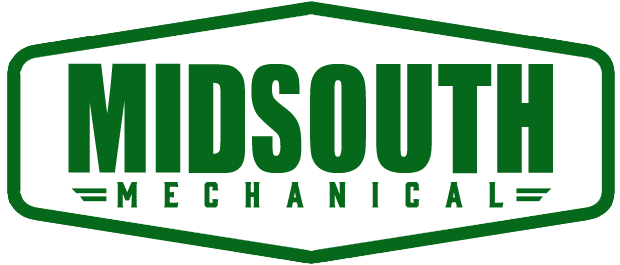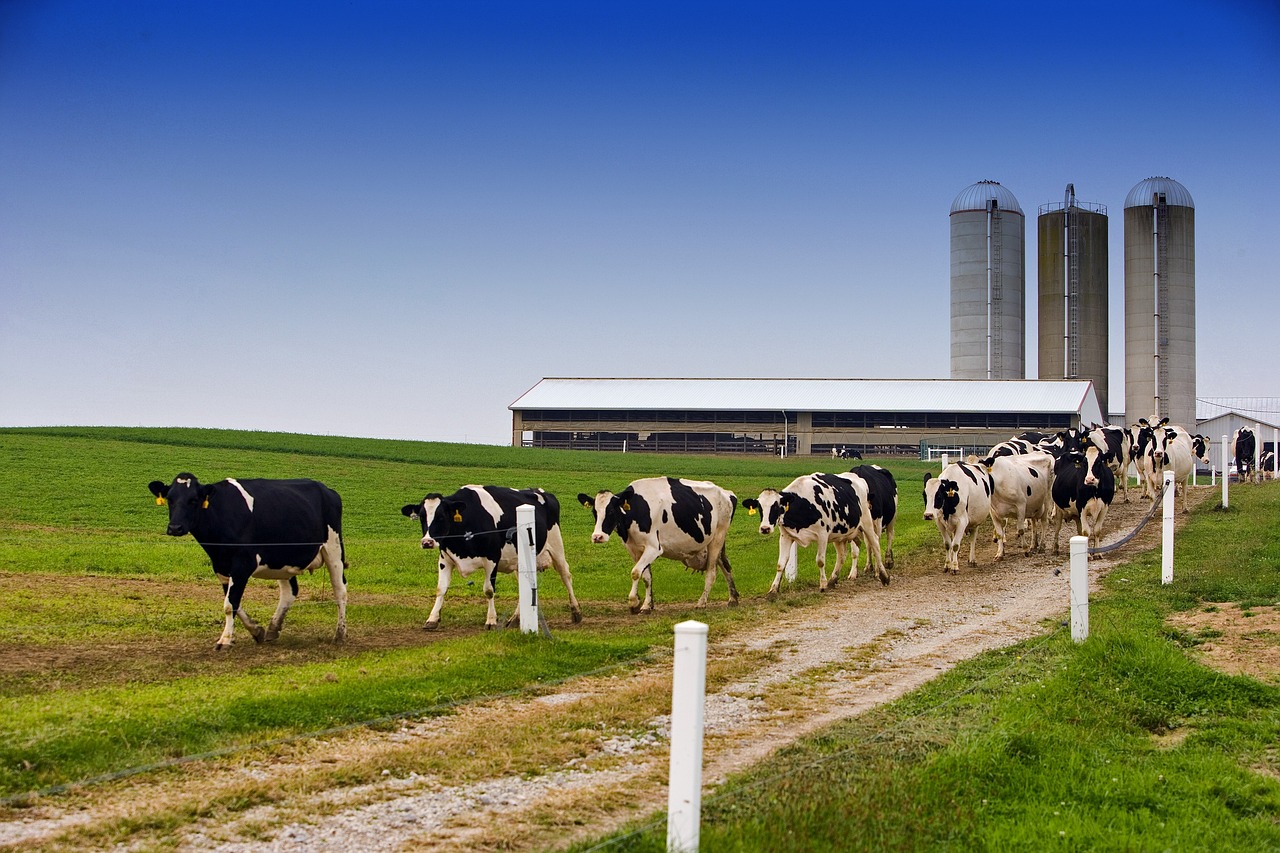Key Maintenance Strategies for Sanitary Piping Systems
Maintaining the sanitary piping systems in a dairy farm is crucial to ensure the quality and safety of the milk produced. Proper maintenance not only prevents contamination but also extends the lifespan of the piping system, reducing long-term costs. Here are practical tips and guidelines on how dairy farmers can keep their sanitary piping systems in optimal condition.
Routine Inspections
Regular inspections are vital for early detection of potential issues that could lead to system failures or contamination. Dairy farmers should schedule monthly inspections to check for leaks, corrosion, or damage in the piping. Special attention should be paid to joints and connections, as these are common areas for leaks to develop. Using non-toxic dye or ultrasonic testing can help in detecting leaks that are not visible to the naked eye.
Cleaning Schedules
Sanitary piping systems must be cleaned and sanitized regularly to prevent the buildup of bacteria and residues that can contaminate the milk. Implementing a CIP (Clean-in-Place) system is highly effective as it cleans the interior surfaces of the pipes without having to disassemble the system. The cleaning solution used should be suitable for food processing applications, and the cleaning frequency should align with the production cycles—typically after every milking session. Ensure that the cleaning procedures follow the manufacturer’s guidelines and industry best practices.

Troubleshooting Common Issues
Understanding common issues and how to address them quickly is essential for maintaining the integrity of sanitary piping systems. Some common problems include:
- Scale Buildup: This can reduce the efficiency of the piping system and lead to blockages. Regular descaling with appropriate cleaning agents can prevent this issue.
- Biofilm Formation: Biofilms are layers of bacteria that adhere to surfaces. They can be particularly challenging to remove once established. Using enzymatic cleaners can help break down these biofilms effectively.
- Corrosion: Stainless steel piping can corrode if not maintained properly, especially in the presence of chlorides. Regularly check pH levels of cleaners and ensure they are within a safe range to prevent corrosion.
Professional Assessments
While routine maintenance can be handled internally, it’s important to have professional assessments periodically. A certified mechanical contractor can provide comprehensive evaluations of your sanitary piping system, identify any compliance issues, and recommend upgrades or changes to enhance system efficiency and compliance with health standards. These assessments should be conducted at least annually to ensure that all aspects of the sanitary piping system are up to date with current regulations.
Importance of Compliance
Maintaining compliance with health standards is not just about adhering to the law; it’s about ensuring the quality of the dairy products and the health of consumers. Failure to maintain sanitary piping properly can lead to severe consequences, including product recalls, financial losses, and damage to the farm’s reputation. Working with a mechanical contractor who specializes in dairy farm operations is key.
By following these maintenance tips and guidelines, dairy farmers can ensure their sanitary piping systems are efficient, compliant, and capable of producing high-quality dairy products. Remember, the cost of preventive maintenance is always lower than the cost of dealing with failures or health violations.
Our team is here to help.
Contact a project manager today!


